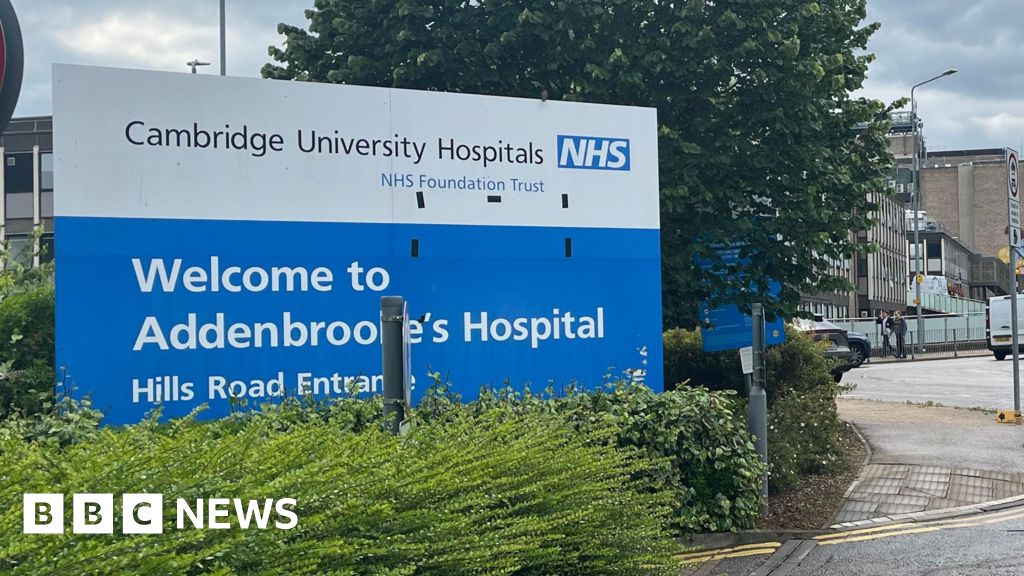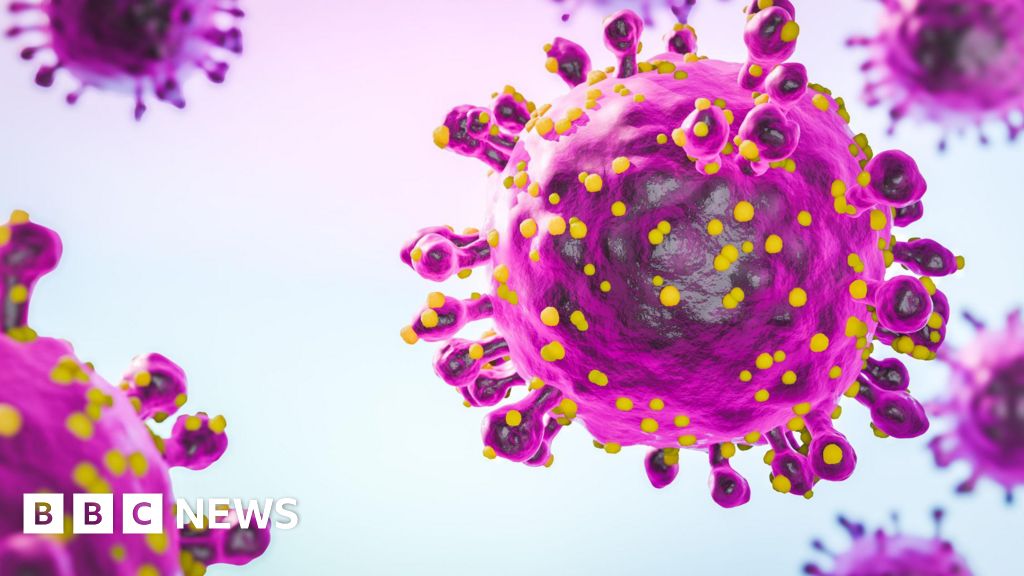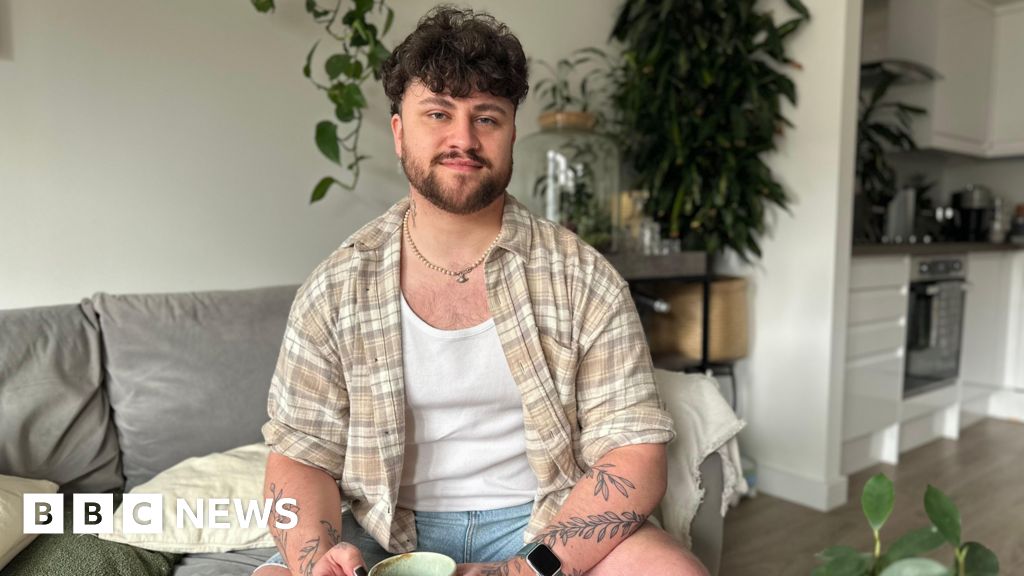ARTICLE AD BOX
By Katharine Da Costa
Health Correspondent
image sourceSam Rospigliosi
image captionSam Rospigliosi says she feels desperate to get a jab for her daughter VeronicaSome parents in England say they are still struggling to get a Covid vaccine for their clinically extremely vulnerable children, nearly four weeks after they were added to the rollout.
At-risk 12 to 15-year-olds and those living with someone with a weak immune system became eligible on 19 July.
NHS England say vaccinations will start from 23 August at the latest.
But families and GPs have told the BBC they are frustrated by a lack of information.
Parents say they are still waiting to hear how and when they will be contacted and worry their children could return to school with minimal protection after one jab.
'Incredibly upsetting'
Sam Rospigliosi's 15-year-old daughter Veronica has severe neurodisabilities and she is desperate to get her vaccinated - but after spending the last two weeks contacting her south-west London GP, local NHS and MP, she is no further forward.
"It is overwhelming and incredibly upsetting to be in this position - we really do feel very desperate," she said.
"Time is being squandered. The urgency of the vaccine rollout for our clinically vulnerable kids appears to have been forgotten, and once again, we have had to push hard for something which has been rightfully ours all along."
Ali Mercer from Abingdon in Oxfordshire has a 14-year-old autistic son who is on the learning disabled register, and a 17-year-old daughter.
Her daughter, who turns 18 next month, received a jab on Wednesday last week - but her son Tom is still waiting.
"I'm really concerned and upset that Tom hasn't been called in for his jab yet," she said.
image sourceAli Mercer
image captionAli Mercer is concerned her son Tom has not been contacted yet for a Covid vaccine"It horrifies me to think of him getting ill with Covid and becoming really sick and struggling to express how he's feeling and to understand what's happening.
"And then there's the risk of long Covid. So I feel the stakes are really high and it's urgent that he and other children like him should be protected as soon as possible."
GP guidance
The government was advised by the Joint Committee on Vaccination and Immunisation (JCVI) in July that Covid vaccines should be offered to 12 to 15-year-olds who had:
- Severe neurodisabilities such as cerebral palsy, autism or epilepsy
- Down's syndrome
- weakened immune system from disease or treatment
- Profound and multiple learning disabilities, severe learning disabilities or those on the learning disabled register
- Those living with someone who has a weak immune system
But several weeks on, GPs also say they are still waiting for "search guidelines" to help them identify, from patient health records, which children are eligible for a vaccine - and that is making an already complicated process more time-consuming.
"I can understand that this will be very stressful for the children and their parents who would want to ensure they receive at least one dose of vaccine before the new school year starts," said Prof Azeem Majeed, head of the department of primary care and public health at Imperial College London.
"This issue is outside the control of GPs and paediatricians, and we are awaiting further guidance from NHS England about how the programme will be implemented," he said.
Dr Gary Howsam, vice chairman of the Royal College of GPs, said they had been assured the guidance would be available soon and parents of eligible children would be invited in due course.
But NHS England says it sent out a letter within days of the advice, issuing guidance to GPs on how to proceed.
"GP-led vaccination centres are already contacting children and their parents, with thousands vaccinated in a matter of days following the necessary safety checks and training," an NHS spokesman said.
"Local services are on track to offer a vaccine to eligible 12 to 15-year-olds by the start of the school year, as originally planned."
This includes sending invites to 37,000 vulnerable children in England and 114,000 children who live with someone with a weak immune system.
In the meantime, GP leaders are urging parents not to contact their GP practice directly about the issue.
'Left in the dark'
Last week the Royal College of Paediatrics and Child Health described the vaccine rollout to under-18s as "shambolic", saying doctors had been "left in the dark" about plans for the programme which left them unable to answer questions from worried parents.
The college says it is hopeful things are starting to move in the right direction.
In Wales, letters are being sent to eligible 12 to 15-year-olds inviting them to be vaccinated.
In Northern Ireland, paediatricians from each trust were asked to identify eligible children and invite them to attend dedicated vaccination centres.
And in Scotland, the NHS said as of 12 August, 23% of eligible 12 to 15-year-olds and 34% of those aged 16 and 17 had received a first dose of the vaccine.

 3 years ago
187
3 years ago
187








 English (US) ·
English (US) ·